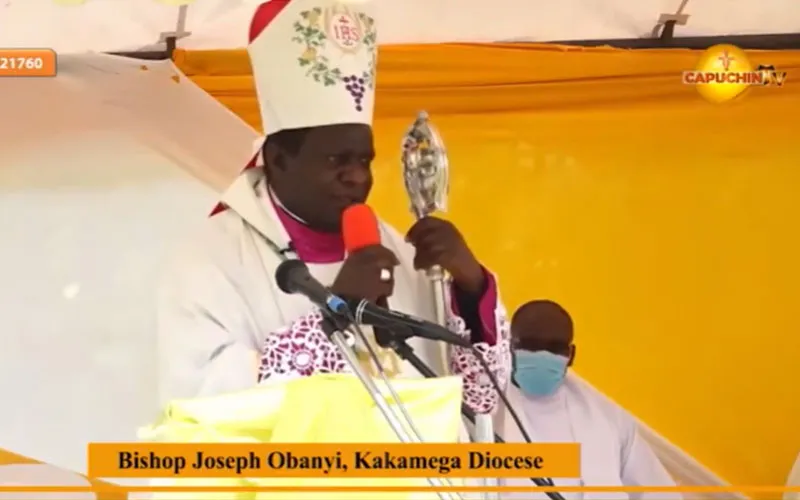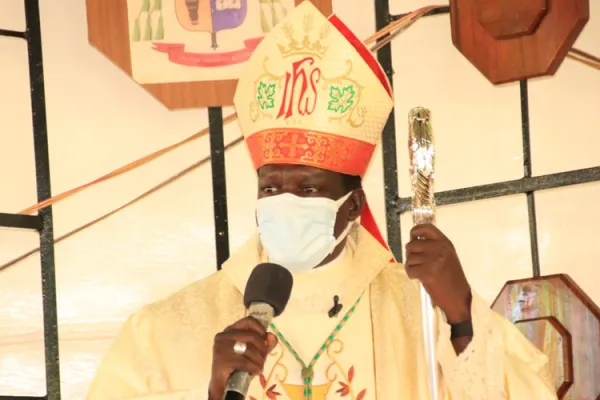Kakamega, 27 November, 2021 / 9:00 pm (ACI Africa).
Service delivery at Kenya’s biggest medical insurer, National Hospital Insurance Fund (NHIF), is wanting despite huge investment in the entity, the Bishop of Kenya’s Kakamega Diocese has said.
In a recording by the Nairobi-based Capuchin TV shared with ACI Africa and posted on YouTube Tuesday, November 23, Bishop Joseph Obanyi said the fund has become notorious for failing to meet its end of the deal especially when it comes to footing its clients’ medical bills.
Bishop Obanyi said that Kenyans are required to submit their payment to NHIF before the ninth day of every month, failure to which they are slapped with huge penalties. He complained that when the same clients seek treatment, the national insurer fails to respond appropriately.
“You have to pay NHIF at least every ninth of the month, but now when it is time for the NHIF to pay for the patients, we have to beg. Isn’t that strange?” the Kenyan Bishop observed, and added, “when you default, there is a penalty.”
“NHIF, you better think: whether you are serving Kenyans or you are serving yourself,” he said, and explained, “We are having an outcry everywhere; you go to St Mary’s Mumias Mission Hospital, that is the problem we have. We launched a Diocese unit and we need our patients to access NHIF so that they can be treated nearer here, and NHIF can’t give us money.”







